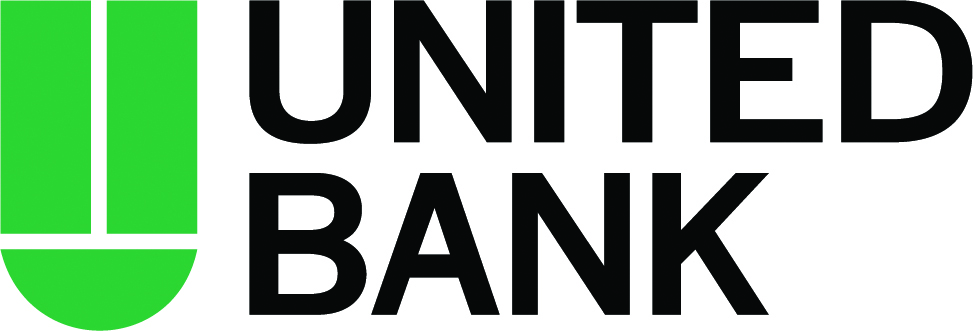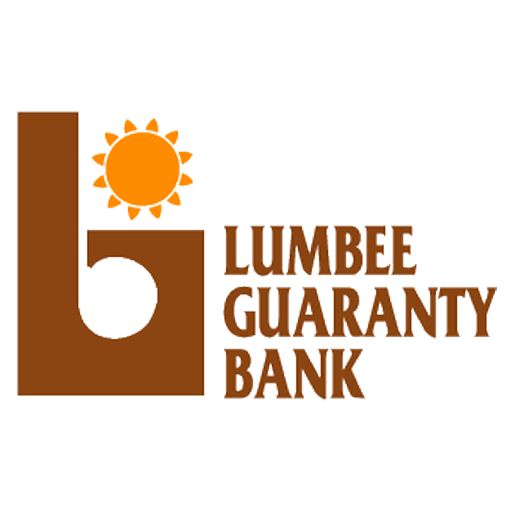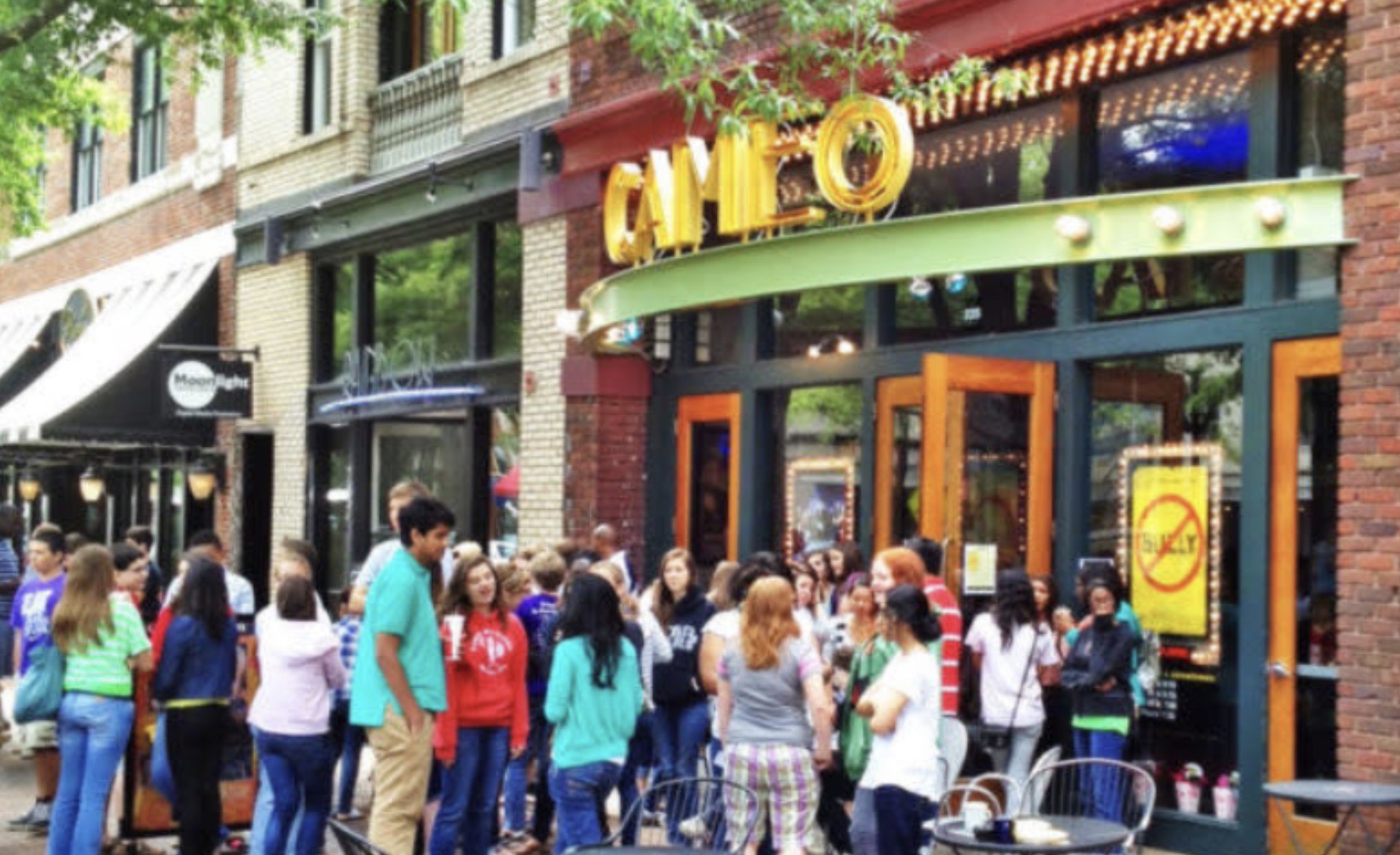On March 10, 2023, Silicon Valley Bank in Santa Clara, CA was closed by the California Department of Financial Protection and Innovation and the Federal Deposit Insurance Corporation (FDIC) was named Receiver. No advanced notice was given to the public regarding the closure which confused millions as just months before in December of 2022, Silicon Valley Bank had held $209.0 billion in total assets and about $175.4 billion in total deposits according to the FDIC. So how did a bank that had billions in revenue suddenly close?
“They had some big customers that came in and tried to withdraw around $40 billion, which not many banks carry that kind of cash on their balance sheet,” said United Bank NC Regional President Jerry Ocheltree. “Well, they didn't have that kind of cash on their balance sheet so, they had to go with cash in some of these long-term bonds. They were upside down. So, when they cashed that in to get the cash, that loss had to go against their capital.”
According to Ocheltree, Silicon Valley Bank was a victim of very fast growth and very young bonds and deposits that didn’t have time to mature fully with properly accrued interest before a large amount of money was suddenly withdrawn from the Bank. On March 13, the FDIC transferred all deposits —both insured and uninsured— and all assets of the former Silicon Valley Bank to a newly created, full-service FDIC-operated ‘bridge bank’ in an action designed to protect all depositors of Silicon Valley Bank. The same day, depositors were given access to all of their money and all banking activities resumed.
March 12 also saw the closure for Signature Bank, New York, NY which was closed in the exact same way, and also had all of their deposits and substantially all of the assets transferred to Signature Bridge Bank, N.A., a full-service bank that will be operated by the FDIC as it markets the institution to potential bidders. Signature Bank had 40 branches across the country in New York, California, Connecticut, North Carolina, and Nevada and all banking activities resumed on Monday, March 13.
While most banks protect deposits by being members of, and thus insured by, the FDIC, some of the deposits in Silicon Valley and Signature Bank were not. While the FDIC insures most deposits up to $250,000, about 90 to 95 percent of depositors with Silicon Valley Bank and Signature Bank were uninsured.
For banks that are FDIC insured, like United Bank, First Bank and Lumbee Guaranty Bank, there are additional ways to protect deposits even above $250,000.

“If someone is overly concerned about FDIC coverage, we have a way of enrolling in our Insured Cash Sweep (ICS) program. And basically, what it does is, it’s a way that we can pay for additional insurance to cover those deposits. We really are not having a lot of requests for those to be honest.” said Jim Strickland, Fayetteville and Lumberton market president of United Bank. “I think probably the most important, is to make sure the bank is safe and sound and very well capitalized. I think our tier one capital is 12.3 percent, whereas the federal bank is considered well capitalized at 6.5 percent. So, those are some of the first things that banks can do is make sure that they’re very well capitalized.”

According to Chief Executive Officer of Lumbee Guaranty Bank Kyle Chavis, it was a very specific set of circumstances that led to the banks failing which wouldn’t necessarily affect banking institutions in our region.
“Silicon Valley and Signature Bank were almost kind of niche banks in that they had high concentrations of either, in Silicon Valley's case, a lot of tech companies that bank there, and so that was kind of an industry concentration. So, when one or two started running out the door it caused a waterfall and then with Signature Bank, being involved in the crypto business to the extent that they were, that was kind of a risky endeavor as well,” said Chavis. “I'm saying that to say banks, we try to stick to what we know. In our bank, we’re pretty conservative. We try to stick to lending in our local community, serving our local depositors and kind of getting out there on the fringes. And getting involved with the next big thing, which is kind of how I would classify crypto currency, those things carry a lot of inherent risk. And so, I think most of the banks in the country, especially community banks, kind of stick to their knitting and that's why I don't think this is a systemic problem.”

Regional President of First Bank Rob Patterson highlighted the lower risk of community banks, acknowledging the differences in depositors that wouldn’t be common in North Carolina’s southern region.
“Over 90 percent of our customers are fully insured by the FDIC. Silicon Valley’s average depositor, had over $1.2 million in the bank, our average depositor has $30,000. So, banks like us are what I would call a ‘meat and potatoes company.’ We’re banking with the people in our communities, and we’re loaning money to the people in our communities, and we’re offering products and services to people in our communities. And it's essentially to be honest with you, sort of boring in the whole scheme of things, but that's what we do,” said Patterson. “Our bread and butter is small business, real estate related activities and individual clients. Those are our three major things. I mean, we bank a tremendous amount of small businesses in our market and in all the ways that we offer them deposit products, we’re loaning them money at the same time.”
Overall, local bankers want to assure customers that they are secure, their money is safe, and they are open to taking questions from anyone with concerns.
“We’ve heard this called a crisis of confidence because of what's happened to these two banks. And what happened to them is very, very unique to those banks,” said Strickland. “But yet, because of what we're seeing in the media, what we're seeing on social media, and I’ve seen some posts on social media, they weren't even close to being accurate. So, I think there’s some issues that are creating what we call this “crisis” right now.”
“We’re tying what we do to the needs of our communities, and that's how we're successful, that's how we serve the market, how we serve our communities. And most banks do that, and that's why it’s totally different compared to just a different kind of product model,” said Patterson.
“I would say, you know, the biggest fallout, if you would, from that situation has just been the reaction of our customers. And by that, I mean just lots and lots of questions. Which has been good,” shared Chavis. “Looking back now, we looked at it as really a positive thing because it gave us an opportunity to talk with a lot of our customers and just reassure them and kind of accentuate the strengths of our bank, which are really some of the weaknesses of what you see with the banks that have failed. There, were lots of questions and lots of conversations, but no real impact in terms of people coming in and wanting to close your accounts or, you know, taking their money out and buried in their backyard, so to speak. From a truth impact standpoint, there really hasn't been any on our bank. And I really don't think very many institutions across the country have seen really any impact in terms of depositors leaving. But that's been the biggest thing we have encountered, just lots of lots of questions, lots of conversation, which we’ve welcomed.”
According to a report from the FDIC, on March 26, 2023, the FDIC entered into a purchase and assumption agreement for all deposits, excluding Cede & Co. deposits, and loans of Silicon Valley Bridge Bank, N.A., by First–Citizens Bank & Trust Company, Raleigh, NC. As part of this transaction, Silicon Valley Bridge Bank, N.A., was placed into receivership.

AFCEA- NC Fort Bragg Chapter’s annual summit brings together leaders from industry, academic and research institutions, innovation hubs, Veteran organizations and elite Army and Special Operations commands. Graphic provided by Phil Williams

Fayetteville brokers and agents are entering 2026 with cautious optimism about what lies ahead.

Located at 225 Hay St. in downtown Fayetteville, Cameo Art House Theatre has two auditoriums and screens films ranging from classics to new releases. The theater also prioritizes spotlighting local and up-and-coming filmmakers. Photo by James Throsse